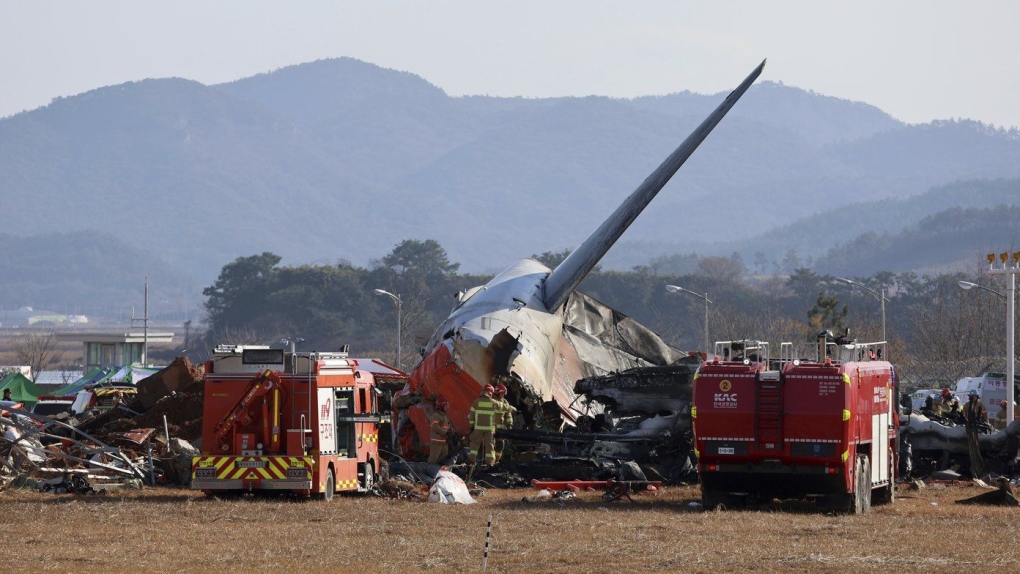
A Jeju Air 737-800 jetliner arriving from Bangkok crashed while landing in Muan, South Korea, on Sunday, resulting in the deaths of 179 out of the 181 people on board. The aircraft skidded off the runway, collided with a concrete fence, and subsequently caught fire.
South Korean television footage showed the plane careening across the airstrip at high speed, its landing gear apparently not deployed, before impacting the wall and exploding. Thick black smoke billowed from the burning wreckage. Two crew members were pulled from the wreckage alive and were treated for non-life-threatening injuries.
According to Muan fire station chief Lee Jeong-hyeon, the plane was completely destroyed, with only the tail section remaining recognizable. Investigators are exploring various potential causes, including a possible bird strike. Air traffic control had issued a bird warning to the flight crew shortly before landing and authorized a change in landing area. The crew also sent a distress signal just prior to the crash.
Transport Ministry official Joo Jong-wan confirmed the recovery of the flight data and cockpit voice recorders, noting that a full investigation could take months. The Muan airport runway was closed until January 1st.
Aviation safety expert Kyle Bailey, a former FAA safety team representative, suggested to Fox News that the plane appeared to be traveling at excessive speed upon landing and struck what he believed to be an instrument landing system structure, likely contributing to the severity of the crash.
One of the survivors was treated for multiple fractures, as reported by Ju Woong, director of Ewha Womans University Seoul Hospital. The survivor recounted waking up after being rescued. Details about the other survivor were not immediately released.
The passengers were primarily South Korean, with two individuals from Thailand also on board. Thai Prime Minister Paetongtarn Shinawatra offered condolences and directed the Ministry of Foreign Affairs to provide assistance. The father of a Thai passenger, Jongluk, shared his grief with the Associated Press, stating his daughter had been working in South Korea and was returning from a family visit.
Jeju Air President Kim E-bae publicly apologized for the crash, stating the company felt “full responsibility” and would cooperate fully with the investigation. He also indicated that regular aircraft checks had not revealed any prior mechanical issues. Boeing also released a statement offering support to Jeju Air.
This devastating incident occurs amidst a political crisis in South Korea, following President Yoon Suk Yeol’s declaration of martial law and subsequent impeachment. Deputy Prime Minister Choi Sang-mok, who visited the crash site, called for swift identification of the victims. The government declared Muan a special disaster zone and announced a week of national mourning.
This crash is among South Korea’s worst aviation disasters, reminiscent of the 1997 Korean Air crash in Guam (228 fatalities) and the 2013 Asiana Airlines crash landing in San Francisco (3 fatalities). It also bears similarities to other severe landing accidents, such as the 2007 TAM Airlines crash in Sao Paulo (187 fatalities on board, 12 on the ground) and the 2010 Air India Express crash in Mangalore (158 fatalities).




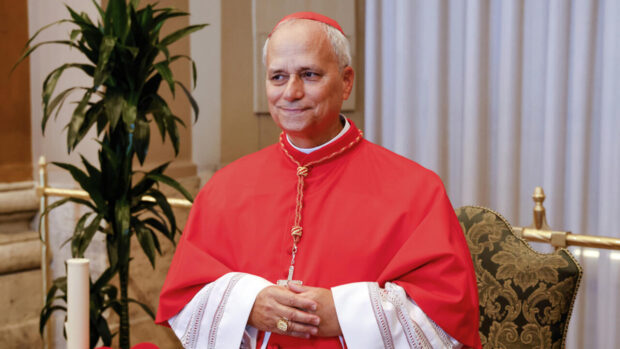
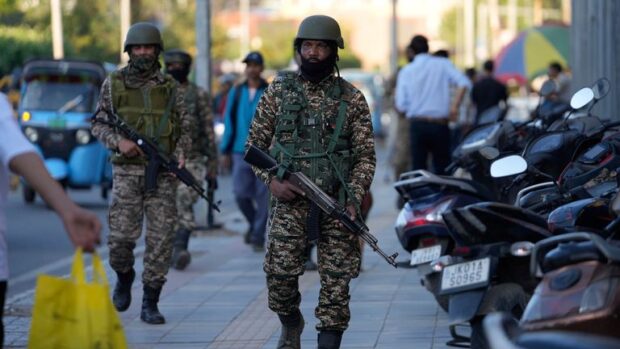




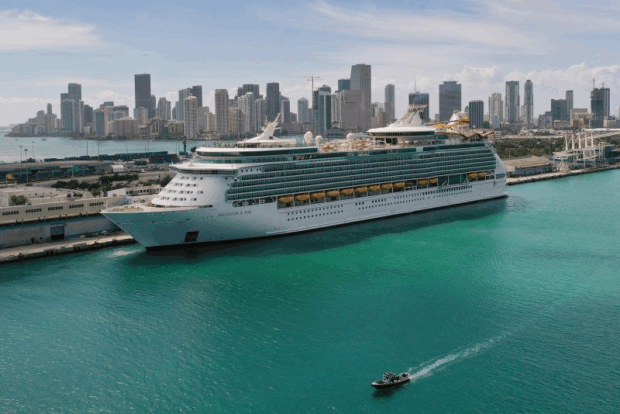
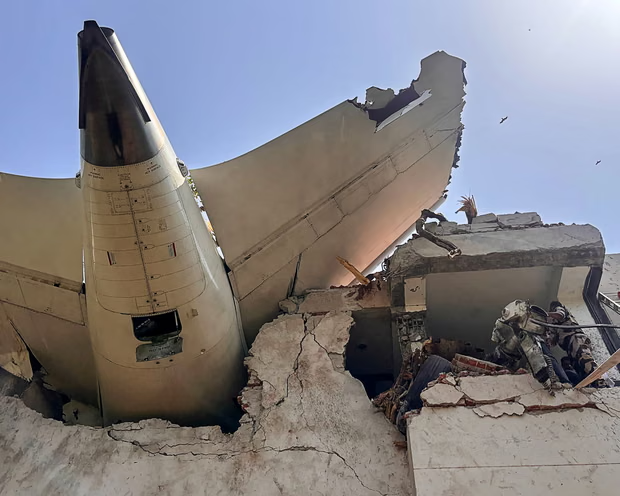
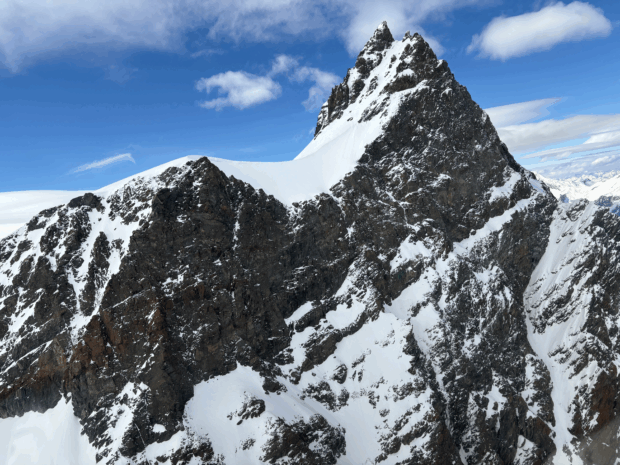
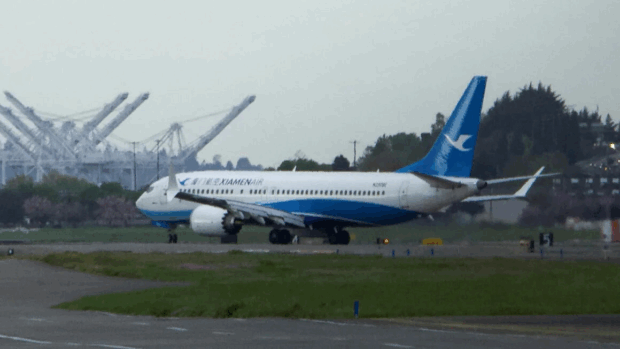
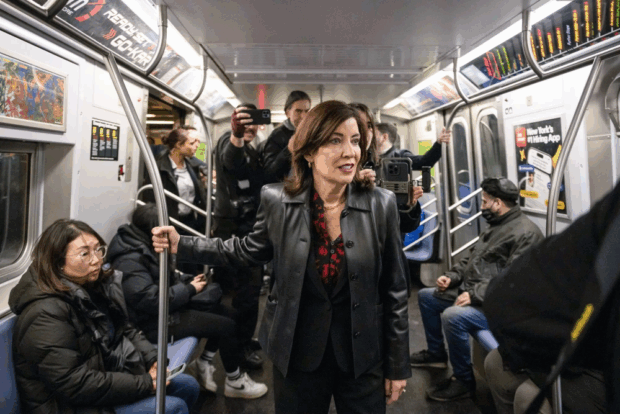
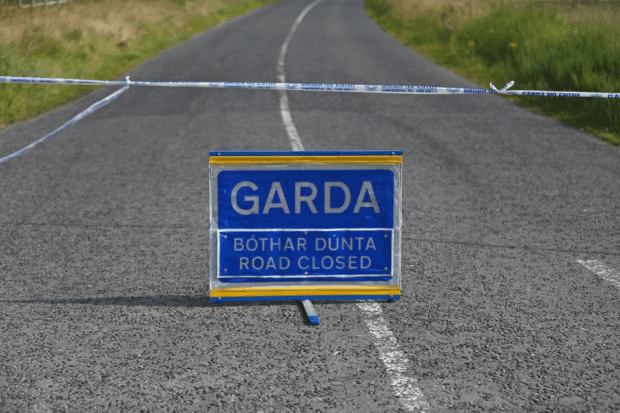
Be the first to leave a comment